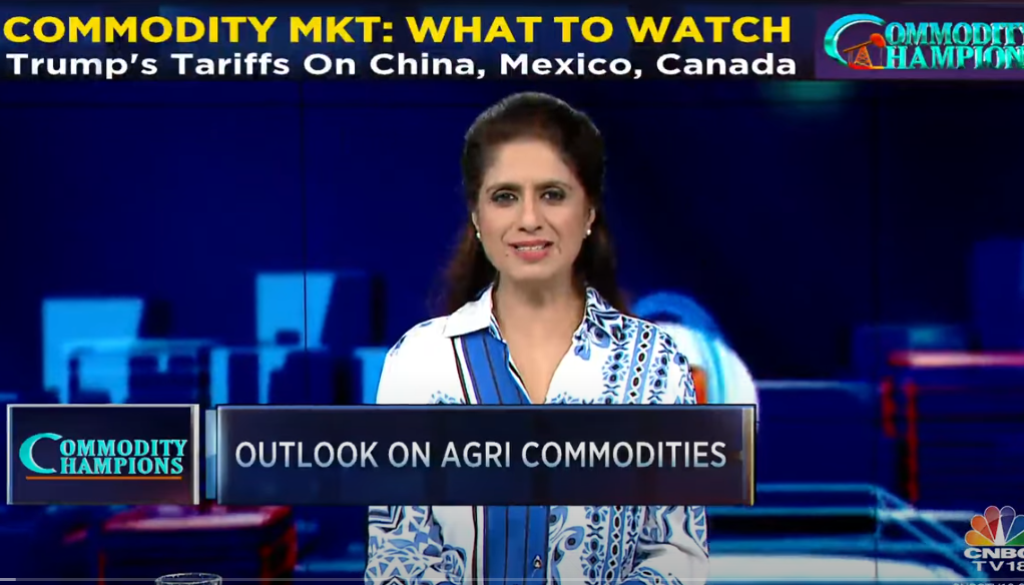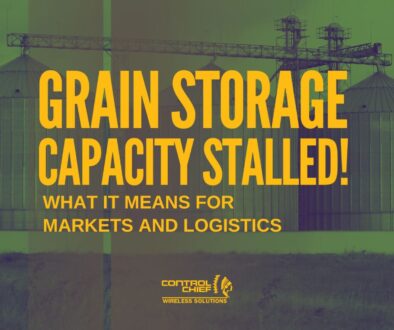Impact of U.S. Elections on Commodities

The recent segment of “Commodity Champions” featuring Manisha Gupta and Sumit Gupta, CEO of Asia Business at McDonald Pelz Global Commodities, delved into the nuanced impacts of the U.S. elections on various sectors, with a particular focus on commodities. This discussion sheds light on how policy shifts under a potential Trump administration could influence global markets, including gold, agriculture, and Indian stock markets.
U.S. Elections and Commodities Markets
Sumit Gupta highlighted the significant implications of U.S. elections on commodities markets. One of the key concerns is the potential for policy changes that could affect trade relations, particularly with major export markets. Gupta emphasized that any shifts in trade agreements or tariffs could have a profound impact on U.S. exports, influencing global commodity prices.
Trade Policies and Market Volatility
Under a Trump administration, there is a possibility of renegotiating trade deals, which could either benefit or hinder U.S. exports. Gupta pointed out that changes in trade policies could lead to increased volatility in the commodities markets. For instance, if tariffs are imposed or increased, it could reduce the competitiveness of U.S. products in the global market, affecting exporters and market stability.
Impact on Agricultural Commodities
While the broader commodities market was a central focus, Gupta also touched upon agricultural commodities, particularly soybeans. The soybean market is highly sensitive to U.S.-China trade relations. Any disruptions in trade agreements with China could have a cascading effect on prices and supply chains. Similar concerns apply to other crops like corn and wheat, which could experience price fluctuations based on changes in export policies and international demand.
Implications for the Broader Agriculture Sector
The potential for policy changes extends to other critical areas of the agricultural sector. For example, livestock markets could be affected by changes in feed prices driven by fluctuations in corn and soybean markets. Additionally, dairy farmers might experience shifts in export opportunities depending on trade relations with key partners like Mexico and Canada.
Key Takeaways
The intersection of U.S. electoral outcomes and commodities policy underscores the interconnected nature of global markets. As Sumit Gupta articulated, stakeholders need to stay vigilant and adaptive to these potential shifts, ensuring resilience in their sectors amid evolving trade dynamics.
Control Chief Corporation is a leading provider of innovative remote control solutions for the material handling and rail industries. Specializing in advanced systems for cranes, locomotives, and other equipment, Control Chief helps businesses improve safety, efficiency, and operational control. With a strong commitment to quality and customer satisfaction, Control Chief continues to deliver cutting-edge solutions that enhance productivity and meet the unique demands of its clients in material handling and rail.
Related Control Chief Videos
Views: 11



